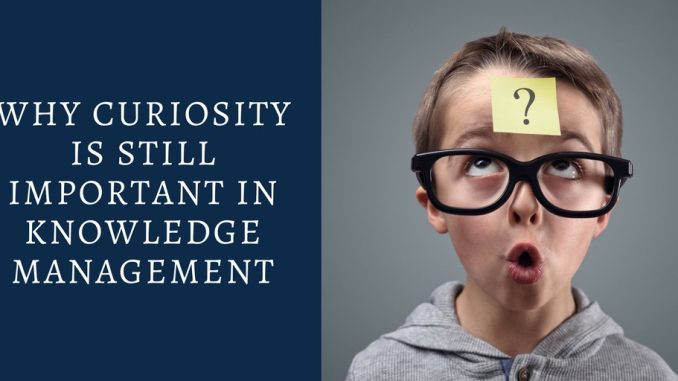
In traditional education systems, we are conditioned to believe that success is measured by a rigid set of metrics: test scores, grades on assignments, and the final GPA. These metrics primarily reward a student’s ability to memorize information and follow instructions, creating a system that values rote learning over genuine intellectual exploration. While these skills are certainly important, they represent only a fraction of what is truly needed for success in the real world. A critical piece of the puzzle is consistently overlooked and undervalued: curiosity. We celebrate students who ask insightful questions, who delve deeper into a topic than required, and who connect seemingly disparate ideas, yet we rarely formalize this behavior with a grade. By failing to grade curiosity, we send a subtle but powerful message that it is a secondary, non-essential quality, when in reality, it is the very engine of innovation, personal growth, and lifelong learning.
The argument for grading curiosity isn’t about creating another box to check or a meaningless metric to track. It’s about fundamentally changing the way we perceive and reward education. When curiosity is an explicit part of a student’s grade, it elevates the act of questioning and exploring to the same level of importance as getting the right answer. This shifts the classroom from a passive environment, where students simply absorb information, to an active one, where they are encouraged to be intellectual detectives. Imagine a science class where a portion of the grade is based on a student’s ability to formulate a unique, testable hypothesis, even if the experiment doesn’t go as planned. Or a history class where a student is rewarded for researching a tangential but fascinating aspect of a historical period, presenting their findings in a creative way. This approach values the process of discovery as much as the outcome of a correct solution, fostering a deeper, more personal connection to the material.
Furthermore, grading curiosity can help to democratize learning and dismantle the myth that certain subjects are only for “gifted” students. A student who struggles with the technical aspects of mathematics might still possess a profound curiosity about the real-world applications of a formula. By acknowledging and rewarding that curiosity, we empower that student and provide them with a pathway to engage with a subject that might otherwise feel intimidating. This doesn’t mean lowering standards; it means expanding the definition of what a high-achieving student looks like. A curious student, even if they don’t have the highest test scores, is often a more resilient and adaptable learner. They are more likely to seek out new information, to teach themselves new skills, and to navigate ambiguity—qualities that are far more valuable in an unpredictable world than the ability to pass a multiple-choice test.
The impact of grading curiosity extends well beyond the classroom, preparing students for the demands of the modern workforce. In a business landscape where artificial intelligence and automation are handling routine tasks, the most valuable skills are those that cannot be easily replicated: critical thinking, creative problem-solving, and the ability to ask the right questions. Companies are no longer looking for employees who can simply follow a manual; they are looking for innovators who can challenge the status quo, identify new opportunities, and adapt to change with agility. A student who has been trained to be curious is a student who is ready for this world. They have learned how to be self-starters, how to learn independently, and how to stay intellectually engaged long after they have left formal education.
Ultimately, the act of grading curiosity is a statement of our values. It is a declaration that education is not just about the accumulation of facts, but about the cultivation of a lifelong habit of inquiry. It acknowledges that the most important lessons are not found in the back of a textbook but are discovered through the act of asking “why?” and “what if?” By formally recognizing and rewarding this essential human trait, we would not only foster a more engaged and empowered generation of learners, but we would also create a system that is more aligned with the true demands of a complex and ever-changing world. It’s a shift from a system that measures what students know to one that celebrates their potential to discover what they don’t know, which is the most powerful foundation for a successful life.